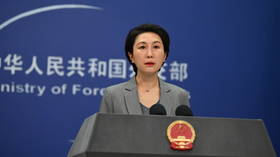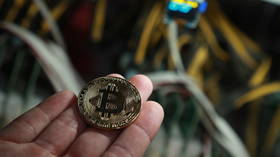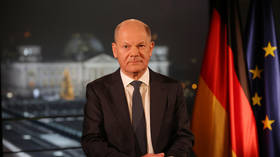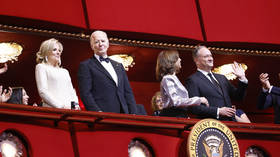Men with shaved heads appear more dominant & stronger, but uglier
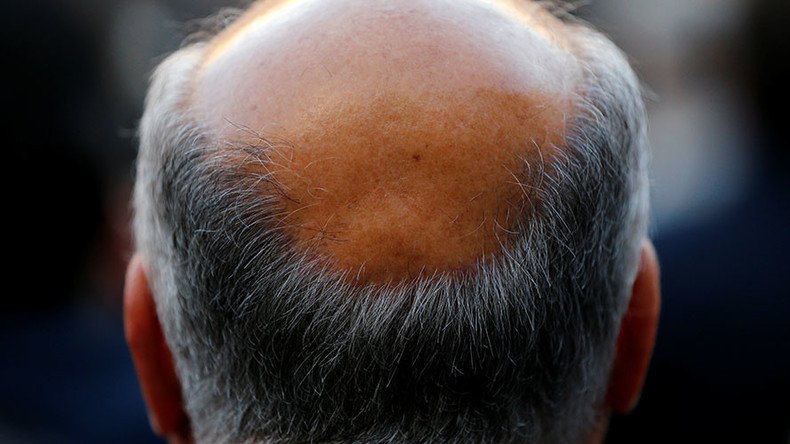
Men with shaved heads are perceived as more dominant, powerful, influential and authoritative than men with full heads of hair... but less attractive, a new study has found.
The new study, conducted by Albert E. Mannes at the University of Pennsylvania, shows men who chose to shave their heads are seen as more dominant, strong and confident, but also older and less attractive than men with full heads of hair.
The study consisted of three separate experiments, each of which asked hundreds of volunteers to compare men with full heads of hair to those with shaved heads, and rate their attributes.
In the first experiment, volunteers were shown photographs of men with shaved heads and men with full heads of hair. The volunteers described the men with shaved heads as much more dominant and agreeable, but less attractive and older than their peers with full heads of hair.
To rule out any variables that might come from unobservable characteristics that the men in the first experiment might have, the second experiment asked volunteers to compare photographs of men with full heads of hair to photographs of the same men after their hair was digitally removed.
This time, volunteers described the photographs of men with shaved heads as even more dominant and confident than their original photographs. The men in the digitally remastered photographs were also perceived as stronger and taller by nearly an inch, but they were again seen as significantly less attractive and older by nearly four years than their natural photographs.
To rule out any variables, the third experiment asked volunteers to describe their perceptions of a man when a verbal description was given. Everything about the description was exactly the same, except for the description of the man’s hair, which portrayed him as having thick hair, thinning hair, or a shaved head.
The man described with a shaved head was still perceived as more dominant and strong than the man with a full head of hair, who was also still perceived as being much more attractive and slightly more confident in this experiment.
The man described with thinning hair was perceived as much less dominant, less attractive, less confident, and less masculine than either his peers with full heads of hair or shaved scalps.
Wanted: Bald man in connection with serial Rogaine thefts in Ohio https://t.co/dr2kEOjVRBpic.twitter.com/G4dhJg09MY
— RT America (@RT_America) February 25, 2016
The study cites previous experiments to explain why shaved heads might be associated with dominance. They relate their findings to an experiment conducted by psychologists at York University in Toronto, which found that healthy gazelles who repeatedly jump in the air in front of predators are signaling a handicap that draws predators away from weaker gazelles in the herd.
In a similar way, the study says that men who shave their heads might be handicapping themselves by rejecting social norms, and are thus perceived as the dominant members of the herd.
The study cites an experiment called “Breaking the Rules to Rise to Power,” which found that men who break the rules are perceived as more powerful.
It also claims that men who willingly shave their heads are also seen as breaking the rules, and are similarly perceived as more powerful.
Lastly, the study claims that men who have historically shaved their head for the military, sports and action films may have created a stereotype that has become associated with masculinity, toughness and strength.
The study claims that half of men will experience male pattern baldness by the age of 50, and suggests men with thinning hair might be better off simply shaving their heads. Doing so would create a perception of dominance and leadership, and may also reverse the psychological loss associated with natural balding.
"These men might better improve their well-being by finishing what Mother Nature has started," the study states.





